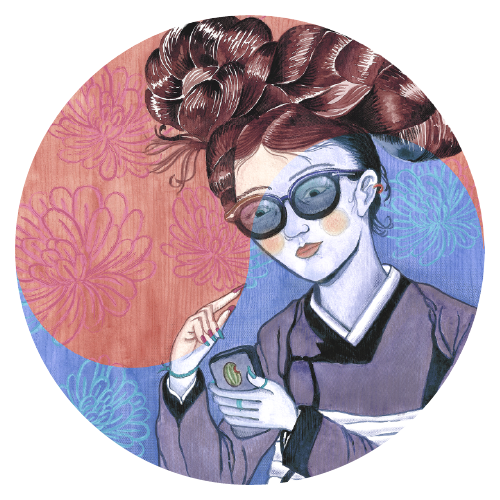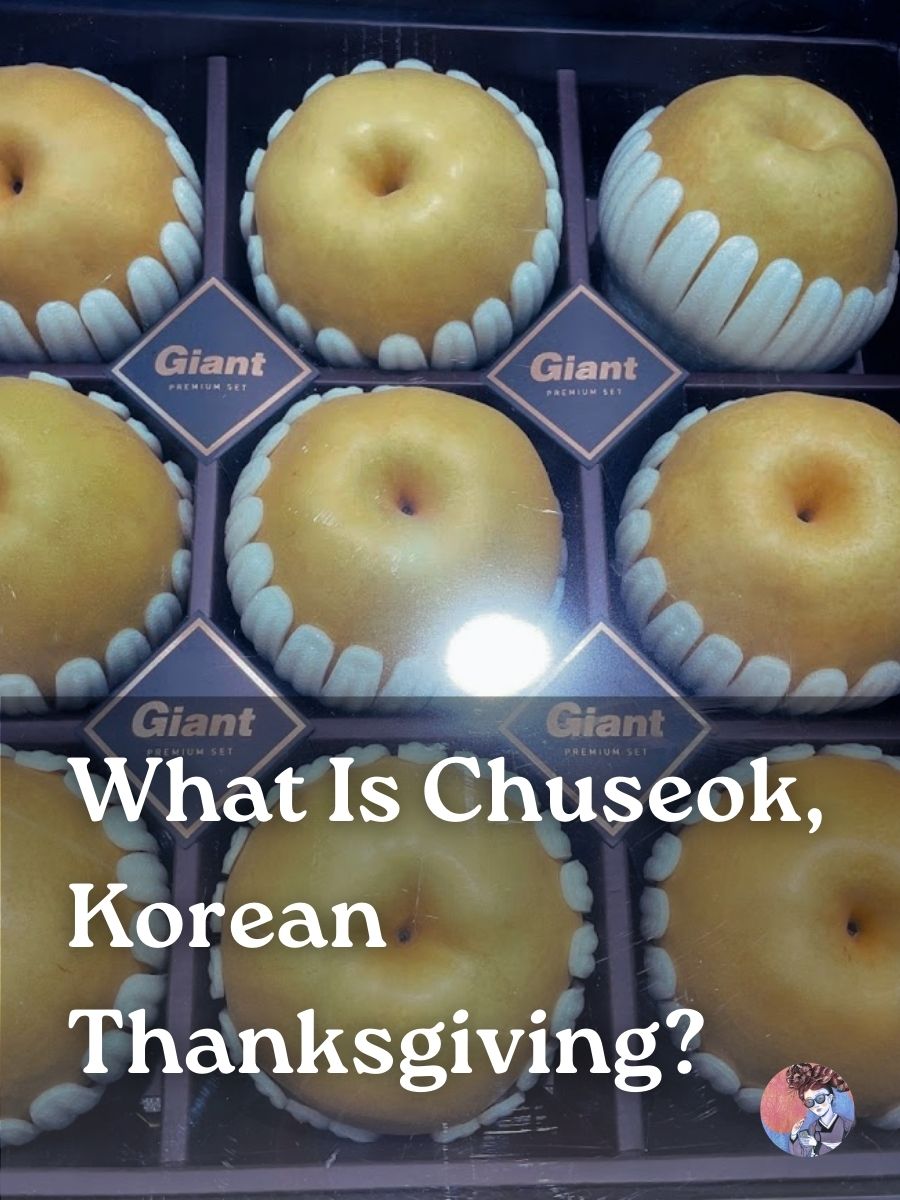
Chuseok, also known as Korean Thanksgiving, is one of Korea’s most important holidays.
Here’s what Chuseok is, when it happens, and the traditions that make it special!
Quick Summary
- Chuseok is a harvest festival that dates back about two thousand years to the ancient Silla kingdom.
- Chuseok falls on the 15th day of the eighth lunar month, typically in September or early October. In 2024, Chuseok will be celebrated from September 16 to 18.
- Chuseok’s specialty is Songpyeon, a traditional rice cake.
What Is Chuseok?
Chuseok is a harvest festival dating back about two thousand years to the ancient Silla kingdom.
It’s originally called Hangawi, which means the great middle (of autumn).
Chuseok is a time when Koreans honor ancestors by offering freshly harvested crops and participating in ancestral rites called “charye.”
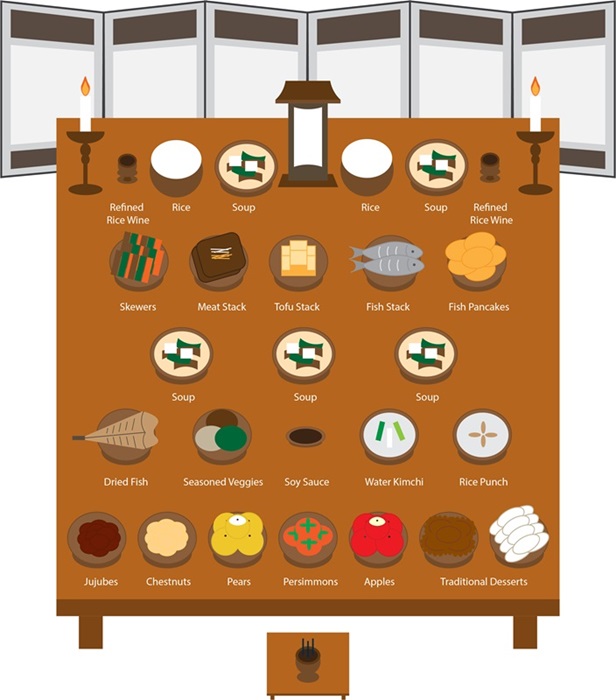
The difference between the ancestral rites of Chuseok and Seollal (Lunar New Year) is the menu items on the ancestral rite table: Songpyeon (rice cakes) is served on Chuseok, and Tteokguk (savory rice cake soup) on Seollal.
Families gather to express gratitude for the abundance of the year’s harvest and to strengthen familial bonds.
It’s a celebration that blends tradition, respect for elders, and joyful reunions.
When Is Chuseok?
Chuseok falls on the 15th day of the eighth lunar month, typically in September or early October.
In 2024, Chuseok will be celebrated from September 16 to 18.
This three-day holiday gives Koreans time to travel to their hometowns, spend time with family, and pay respects to their ancestors.
What Is Specialty Food of Chuseok?
Chuseok’s specialty is Songpyeon, a traditional rice cake.
These half-moon-shaped cakes are filled with sesame and sugar or bean filling.
Songpyeon is steamed over pine needles, which gives the rice cakes a subtle pine aroma.
The act of making songpyeon with family is a fun tradition during Chuseok!
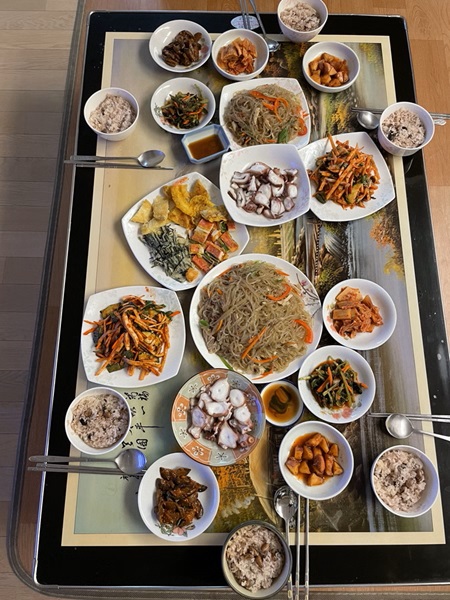
Other popular foods during Chuseok include Japchae (stir-fried glass noodles), Jeon (savory pancakes of all types), Sanjeok (meat and vegetable skewers), and galbijjim (braised short ribs).
What Are Some Games And Activities For Chuseok?
During Chuseok, Koreans play traditional games like neolttwigi (seesaw jumping), jegichagi (a Korean hacky sack game), ganggangsullae (a circle dance), and yutnori (a board game).
Making wishes to the full moon is another long-standing tradition that has been passed down through generations.
What Is Gift-Giving Culture Like During Chuseok?
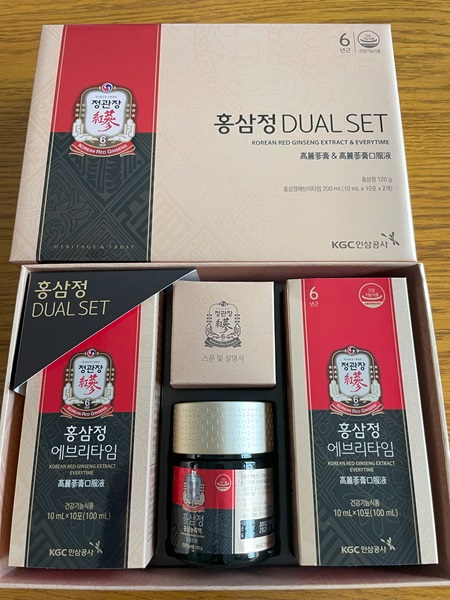
One of the unique practices of Chuseok is the gift culture.
Koreans exchange gifts with family, relatives, and business relations to express gratitude and wish for prosperity.
Popular Chuseok gifts are premium fruits, red ginseng, and traditional desserts.
It’s also common for companies to give employees holiday bonuses and gifts like boxes of Korean beef (hanwoo), Spam sets, and health supplements.
In business settings, exchanging high-end spirits or department store gift cards with clients and business partners is a customary way to maintain strong relationships and show appreciation.
In recent years, Chuseok gift sets have become more modern, with options like luxury skincare products, gourmet coffee/tea, and even high-end cooking oil being popular choices for gift-giving.
How to Say Happy Chuseok?
If you want to wish someone a happy Chuseok, you can say “Chuseok Jal Bonaeseyo (추석 잘 보내세요),” which means “Have a good Chuseok!”
Another common phrase is “Poongyoroun Hangawi Bonaeseyo (풍요로운 한가위 보내세요),” which means “Have a bountiful Hangawi (Chuseok)!”
Conclusion
Chuseok is a time for honoring tradition, spending time with loved ones, and sharing in the abundance of the harvest season.
Happy Chuseok, everyone!
